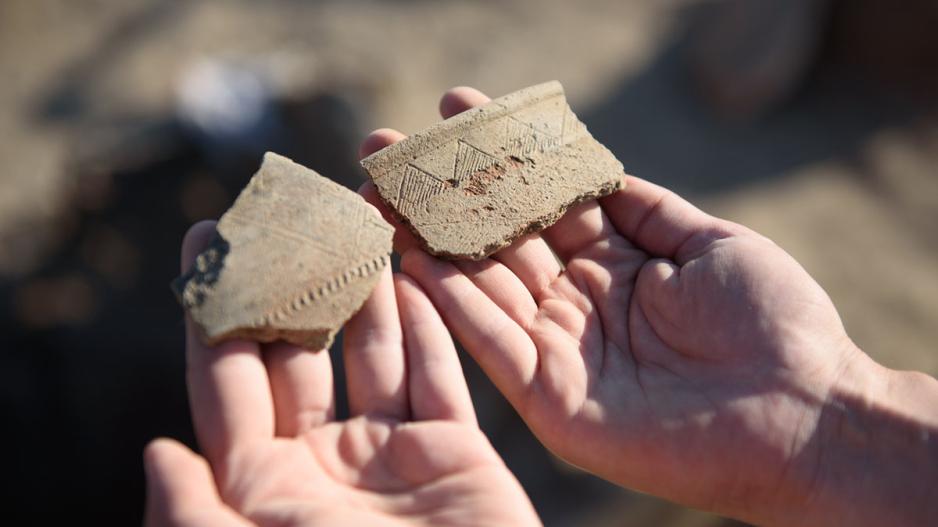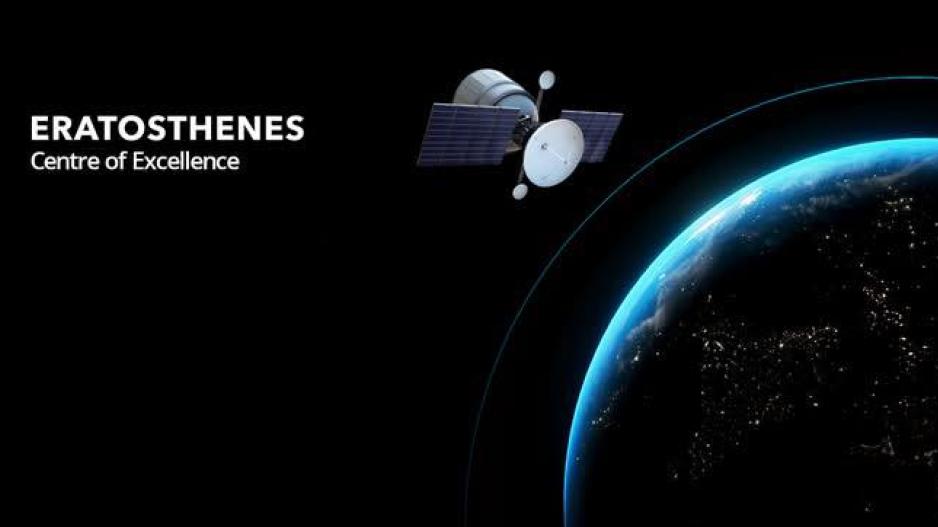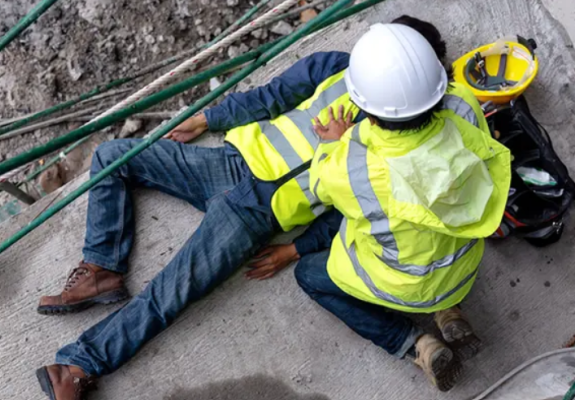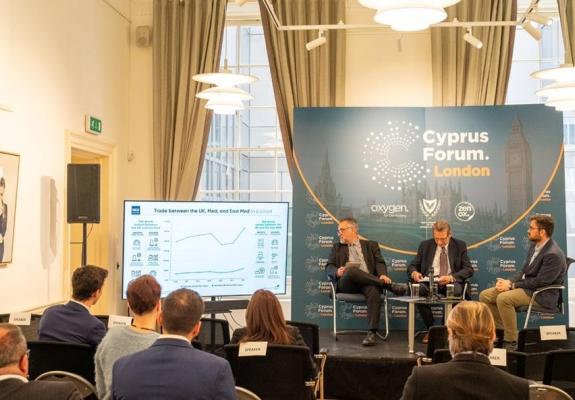ENIGMA Project: Innovative Digital Tools Combat Illegal Trafficking of Cultural Heritage
AI, 3D Reconstruction, and Satellite Monitoring Technologies
Advanced digital technologies are being developed to combat the illegal trafficking of cultural heritage, including 3D reconstruction of artifacts from incomplete data, AI-powered detection tools, satellite monitoring of archaeological sites, provenance research mechanisms, and threat simulation systems. These cutting-edge solutions were presented during a hybrid workshop organized as part of the European ENIGMA project, according to the Eratosthenes Centre of Excellence.
According to the Eratosthenes Centre of Excellence, the event attracted professionals from archaeology and cultural heritage protection, fostering collaboration and knowledge exchange in the field.
The workshop was held at the Archaeological Research Unit of the University of Cyprus in Nicosia, with dozens of participants from various European countries and the global community joining online via teleconference.
To ensure the event’s success, the Eratosthenes Centre of Excellence partnered with leading archaeological organizations in Cyprus. Co-organizers included the Archaeological Research Unit of the University of Cyprus, the Association of Cypriot Archaeologists, and the American Institute of Cypriot Archaeological Research. The workshop also received support from the Department of Antiquities of Cyprus, ICOMOS Cyprus, and the Cyprus Police.

Participants had the opportunity to explore the innovative digital tools developed under the ENIGMA project, which include:
-
3D reconstruction technologies to restore cultural artifacts from fragmented or incomplete data.
-
AI-powered detection and monitoring systems for tracking illegal activities at archaeological sites using satellite imagery.
-
Provenance research mechanisms to authenticate cultural objects and document their origins.
-
Threat simulation systems to predict and mitigate risks to cultural heritage.
Through productive discussions and knowledge-sharing, experts provided valuable insights and feedback that will contribute to enhancing the ENIGMA tools and shaping effective strategies for cultural heritage protection.
The ENIGMA project continues to play a critical role in developing advanced solutions for safeguarding cultural heritage, significantly contributing to European and international efforts to preserve historical identity. By collaborating with institutions and experts, ENIGMA aims to become a key reference point in the fight against the illicit trafficking of cultural assets.






